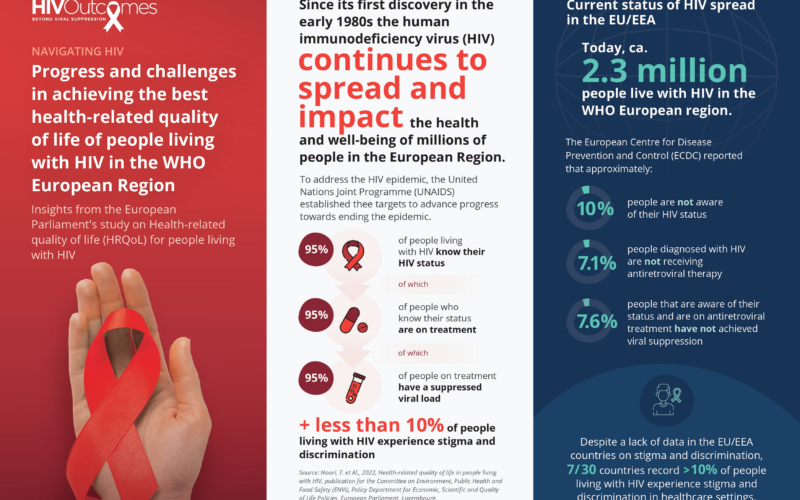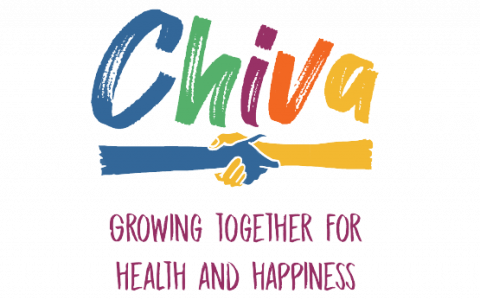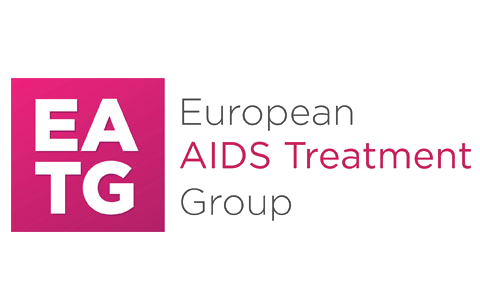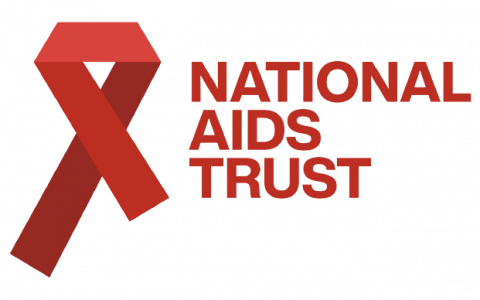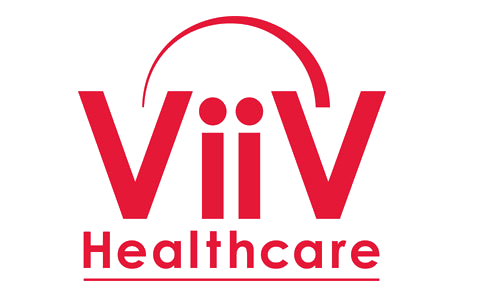How to define Health-Related Quality of Life for People Living with HIV?
While people with HIV now live longer and healthier lives, their overall Health-Related Quality of Life and well-being still lag behind that of the rest of the population. HIV Outcomes has partnered with UNAIDS to host an Alignment Workshop to discuss the definition of Health-Related Quality of Life, its domains and metrics, in view of its inclusion in the upcoming UNAIDS Global AIDS Strategy beyond 2021.
The WHOs1946 declaration defines health as “a state of complete physical, mental, and social well-being”. However, while people with HIV now live longer and healthier lives thanks to innovative treatments, their overall health-related quality of life and long-term well-being still lag behind that of the rest of the population. Co-morbidities, poor mental health as well as stigma and discrimination prevent people living and ageing with HIV from fully benefiting from the historic breakthroughs in treatment and care.
HIV Outcomes fully supports the goal of ending HIV by 2030 but believes that its achievement will require there being a level playing field in healthcare for those living with HIV.One of the explicit aims of the upcoming UNAIDS Global AIDS Strategy is to optimise the quality of life of people living with HIV through integrated people-centred services. This is a great opportunity to drive a much-needed paradigm shift in long-term HIV care. If we are to succeed, a consensus needs to be reached on what we want to achieve and what barriers we need to overcome.
The Alignment Workshop hosted by HIV Outcomes has highlighted the need to:
- Reach a consensus on the conceptualisation of health-related quality of life and the factors impacting it
- Break silos and look at challenges holistically
- Clearly define challenges and objectives in order to develop accurate metrics to measure progress and performance in improving the health-related quality of life of people living with HIV
The challenges identified range across the physical, emotional and social components of Health-Related Quality of Life, including:
- Bio-medical aspects, such multimorbidity, pain management and fatigue
- Issues related to the overall personal wellbeing, including mental health, stigma and discrimination– including self-stigma and blame
- Sexual and reproductive health and rights
- Social isolation
- Denial of medical care
Downloads
More updates All

